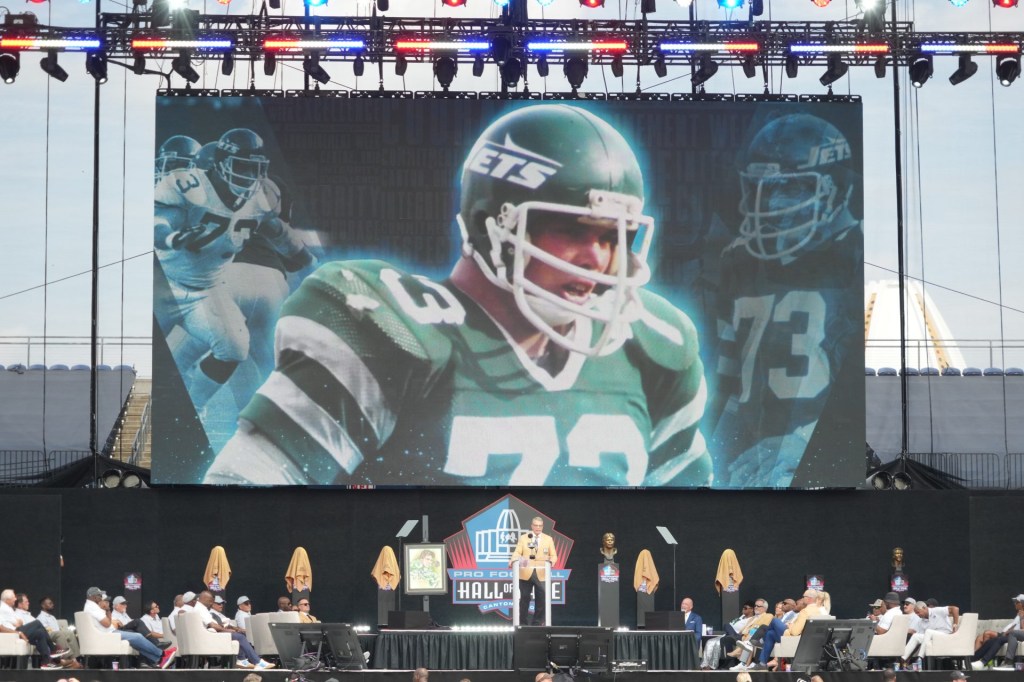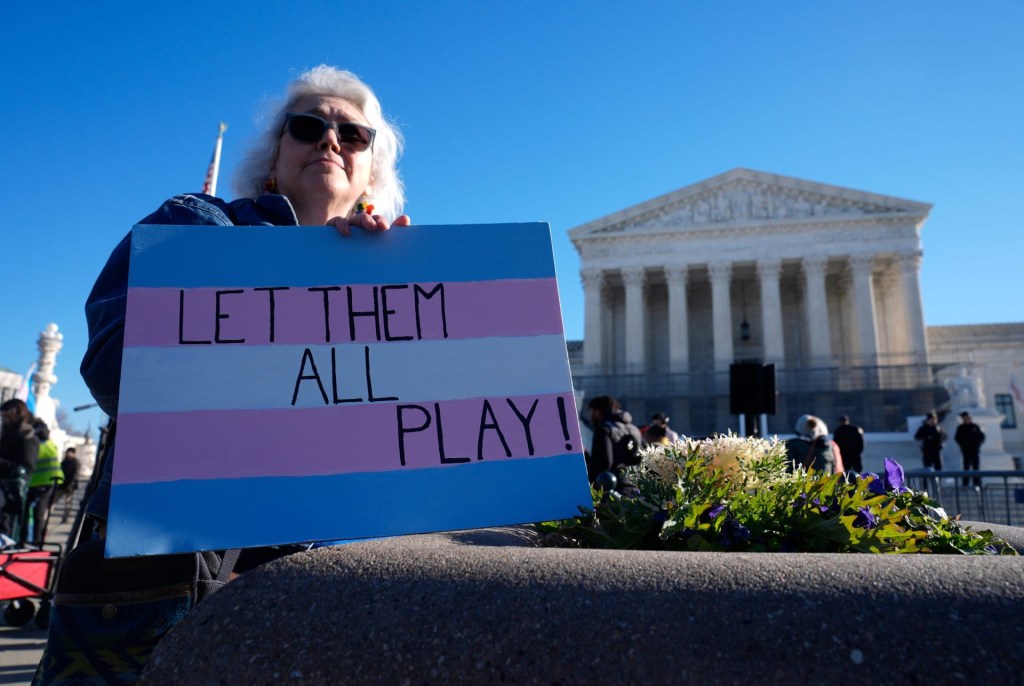A month after his release, former Buffalo Bills punter Matt Araiza still hasn’t been charged.
The San Diego County District Attorney’s Office — which received San Diego police’s investigation around the time rookie known as “Punt God” was cut by the Bills on Aug. 27 — told Front Office Sports that the case is “currently under review.”
“There is no timeline for how long it will take,” said Tanya Sierra, the spokesperson for the prosecutor’s office.”
For the lawyer representing the victim, justice remains well overdue.
It’s been nearly a year since attorney Daniel Gilleon’s client, who was 17 at the time, alleged Araiza and two of his former San Diego State teammates — and possibly others — sexually assaulted her at an off-campus Halloween party.
The allegations stem from a lawsuit Gilleon filed against Araiza, Zavier Leonard, and Nowlin “Pa’a” Ewaliko filed in a San Diego court last month. None of the three has been charged, and Araiza’s attorney Kerry Armstrong described the lawsuit as “a shakedown.”
“Guess how long she had to wait at the police department?” Daniel Gilleon asked rhetorically. “Six hours. She had to wait there that long in the lobby just to give her report.”
She gave the report on Oct.18, two days after the alleged sexual assault. FOS obtained that report, in which the names of the assailants were redacted.
In the report, the woman told San Diego police she consumed shots of vodka that night. In the lawsuit, the woman alleged she also felt she had been given “other intoxicating substances.”
“I spent the past couple of days contemplating if I should come forward and report what happened to me,” the woman told police when she made the report. “My friends convinced me to come forward. I just don’t want this to happen to anyone else.”
Within days, detectives helped her through a recorded call with Araiza where he admitted to having sex with the woman, according to the lawsuit.
“The detectives that did the pretext [recorded] calls showed that they were maybe going for the quick kill,” Gilleon said. “They were looking for the smoking gun. But to me, the DA or the police are serious about doing an investigation, they don’t just go in for the quick kill.”
Text messages left with Araiza’s lawyer, Kerry Armstrong, were not returned.
According to transcripts of the calls that were part of the lawsuit, Araiza did not admit to rape, but his admission to having consensual sex is problematic: the age of consent in California is 18.
And information from the woman’s rape kit that she received from police under the Sexual Assault Victims’ DNA Bill of Rights showed “DNA profiles of the assailants were obtained from the testing of the rape kit and other crime scene evidence.” That report reviewed by FOS did not list the names of the assailants.
Statutory rape can be charged either as a misdemeanor or felony, but time is running out for a misdemeanor charge of statutory rape that sets a one-year limit.
Given the allegations could be charged as felonies, there may not be a rush to review all the evidence. San Diego defense attorney Dod Ghassemkhani told FOS that prosecutors take their time in rape cases — and one of his current clients has waited 10 months to learn whether charges will be filed.
“It’s a big media case, so everyone thinks charges should be filed right away,” said Ghassemkhani, who does not represent anyone linked to the Araiza investigation. “[District Attorney] Summer Stephan isn’t going to treat this case any differently. They are going to do their due diligence in the investigation.”
The woman spoke with the district attorney on Sept. 15, according to Gilleon.
Earlier this month, Gilleon sued San Diego over the city’s police department’s failure to comply with open-records and other laws when it came to his office’s request for information obtained by officers and detectives along with photos taken as part of the rape exam at the hospital.
“This has just been a big massive delay,” Gilleon said.

















